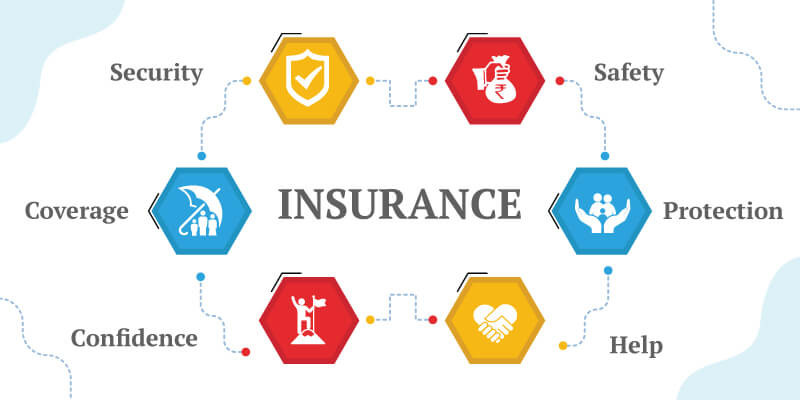Content Attributes
As the country stays in lockdown to contain the COVID-19 virus, many essential measures are taken by the Reserve Bank of India, to revive the Indian economy, and keep it from falling. Among these measures, the most crucial one is where RBI allows lenders to provide a moratorium period of three months to the borrowers for the outstanding term loans listed as of March 1, 2020.
What is the RBI Moratorium period?
The moratorium period is the official name for the term in which the borrowers are not required to make repayments on their term loans. It is the time provided by the RBI to the borrowers in which people can feel relaxed about their ongoing loans.
So, as a borrower, you are granted relaxation from paying off your interest dues. According to the announcements made by the RBI, borrowers can avail of a repayment holiday from March 1 to May 31, 2020. Financial institutions are handed the task structuring of this deferment. All types of loans are included in this moratorium.
Why is this period important for us?
By allowing the borrowers to make the repayment of existing liabilities after a relaxation period, borrowers are allowed to plan their finances in a better way. Usually, student loans offer a moratorium period, as there are chances of a time lag between the completion of their study and the first paycheck from a job.
Another example is where lenders offer a moratorium on home loans. Flexible home loans are provided by certain lenders in which for the initial three to five years, only interest is required to be paid by the borrowers. After this period, flexible EMI options are made available to the borrowers in these loans.
In the current scenario, lenders are allowed to offer a moratorium on every type of loan for a term of three months. You can use a Moratorium EMI calculator to know the monthly installments you would have to repay after accepting the RBI moratorium. If you apply to the RBI Moratorium, the delay of repayment in this period will not be considered a bad loan. So, in case you run a business, then lenders are allowed to stop the recovery of EMI temporarily within the moratorium period. RBI provided this moratorium period to offer relief to the borrowers.
However, it comes with a downside. Considering that during the period, interest will continue to accumulate, it will affect the overall loan amount. In short, people accepting the moratorium period will have to pay their lenders a bit of extra interest on their loans.
How does the moratorium affect us?
Jobs of a lot of people have been affected due to the current lockdown in India. The income of many people is severely hit due to current market conditions. For those people, the moratorium is an essential requirement to ensure that their finances are not affected. During the period, if a person is not able to make repayments due to financial issues, it will not impact their CIBIL score.
However, in such a scenario, those who claim the moratorium period will have to pay more once the moratorium ends. It will severely impact those who have taken a personal loan due to a high rate of interest.
For example, consider a loan of INR 5,00,000, at 12% interest for a tenure of 5 years. In general, the EMI of this loan would be INR 11,122, making you pay the total interest of INR 1,67,320 over the loan tenure. However, availing of a moratorium changes the EMI to INR 11,459, making you pay the total interest of INR 1,87,540 over the extended tenure. To get the exact idea of EMI, you can use a Moratorium EMI calculator online on your lender’s website.
Conclusion:
A moratorium is here to postpone the repayment for those who require time to plan their finances effectively. It will help many businesses who are in urgent need of time to make repayments. The moratorium is not a waiver, and the borrower is required to repay the loan. You can use a Moratorium EMI calculator to know how it will affect the interest that you will have to repay after the moratorium period.



